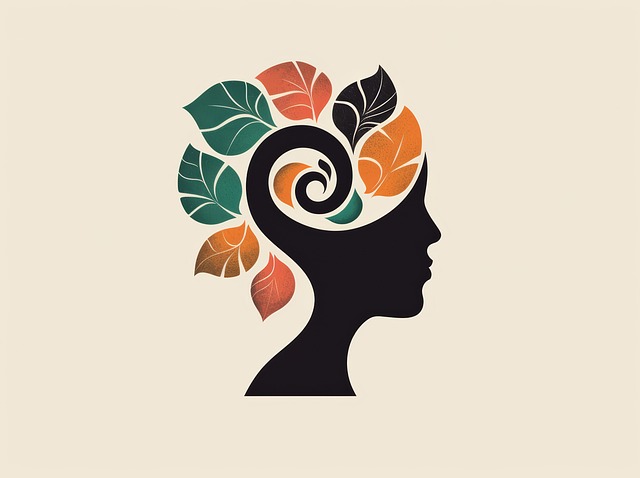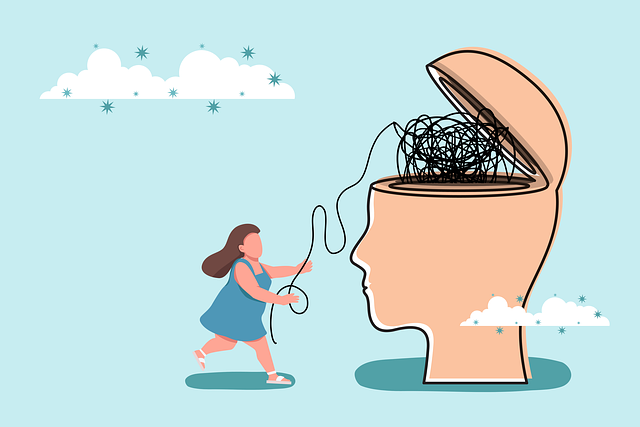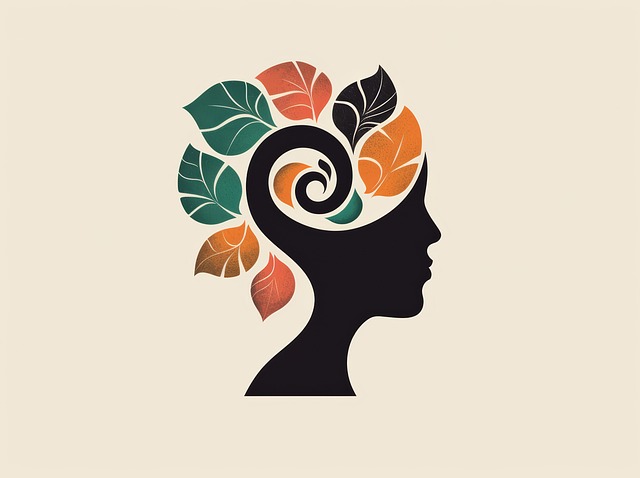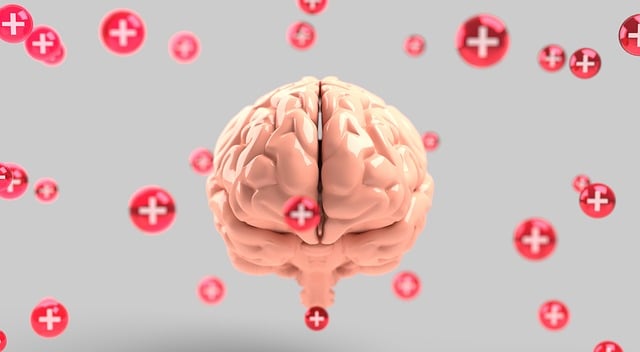Cultural competency at Centennial Hypnosis Therapy is a transformative goal to bridge diverse patient needs. It involves understanding cultural identities' impact on mental health, allowing therapists to tailor effective therapy strategies. Through interactive training, practitioners gain skills to recognize emotional cues across cultures, enhancing mindfulness and patient care. Implementing this training requires creating an environment that encourages professionals to apply new insights, fostering continuous improvement measured through tangible outcomes like higher patient retention and better clinical results.
Cultural competency training is transforming healthcare, especially within emerging fields like centennial hypnosis therapy. This article explores why this shift is crucial for providing culturally sensitive care, addressing diverse patient needs effectively. We’ll delve into strategies for designing impactful training programs, offering practical guidance to enhance cultural sensitivity among healthcare providers. Additionally, we’ll discuss implementation and measurement techniques to ensure sustained cultural competency in practice, fostering inclusive environments that promote holistic well-being.
- Understanding Cultural Competency in Healthcare: A Necessary Shift for Centennial Hypnosis Therapy
- Designing Effective Training Programs: Strategies for Improving Cultural Sensitivity
- Implementing and Measuring Change: Ensuring Sustainable Cultural Competency in Practice
Understanding Cultural Competency in Healthcare: A Necessary Shift for Centennial Hypnosis Therapy

Cultural competency in healthcare is a critical shift necessary for the field, especially as we navigate an increasingly diverse society. It involves understanding and appreciating the cultural backgrounds, values, and beliefs of patients, ensuring that healthcare services are accessible, respectful, and effective for all individuals. This approach is not just beneficial but essential, particularly within specialized practices like Centennial Hypnosis Therapy.
For instance, in a therapeutic setting, a culturally competent hypnotherapist acknowledges that a patient’s cultural identity can significantly impact their inner strength development and self-awareness exercises. By recognizing and incorporating strategies that address self-esteem improvement tailored to diverse populations, therapists can create a safe space for patients to explore their minds and embark on personal journeys. This personalized approach has the potential to revolutionize therapy outcomes and foster healthier communities.
Designing Effective Training Programs: Strategies for Improving Cultural Sensitivity

Effective cultural competency training programs for healthcare providers are essential to fostering inclusive and empathetic care environments, especially in diverse communities like those served by Centennial Hypnosis Therapy. These programs should go beyond surface-level awareness and delve into deeper understanding and skills development. Incorporating interactive workshops, real-life case studies, and role-playing scenarios allows professionals to practice cultural sensitivity in practical settings.
Training can enhance mindfulness meditation techniques, enabling providers to recognize subtle cues of emotional distress across different cultural backgrounds. Moreover, incorporating risk assessments for mental health professionals ensures they are equipped to navigate complex ethical dilemmas sensitively. By integrating these strategies, healthcare organizations can facilitate effective emotional healing processes tailored to each patient’s unique cultural needs, ultimately improving healthcare outcomes and patient satisfaction.
Implementing and Measuring Change: Ensuring Sustainable Cultural Competency in Practice

Implementing and measuring change is a critical aspect of ensuring sustainable cultural competency within healthcare practices, including Centennial Hypnosis Therapy. It’s not enough to simply offer training; the goal is to integrate new skills and perspectives into daily operations. This involves creating an environment where professionals feel empowered to apply what they’ve learned. Facilitate this by encouraging open dialogue, providing ongoing support, and offering diverse resources that promote cultural awareness. Regularly seek feedback from participants to gauge the impact of training and make necessary adjustments.
Measuring success goes beyond satisfaction surveys. Track concrete outcomes like improved patient engagement, reduced health disparities, and enhanced clinical outcomes. For instance, a rise in patient retention rates or improvements in mental wellness, including confidence boosting and resilience building, can serve as powerful indicators of cultural competency progress. This data not only validates the training’s effectiveness but also guides future efforts to create more inclusive and effective healthcare services.
Cultural competency training is a vital step towards enhancing healthcare services, especially within the niche field of centennial hypnosis therapy. By designing effective programs that focus on understanding diverse cultural contexts and sensitizing practitioners, we can significantly improve patient care and outcomes. Implementing these strategies and measuring their impact ensures that cultural competence becomes an integral part of clinical practice, fostering a more inclusive and accessible healthcare environment for all.














